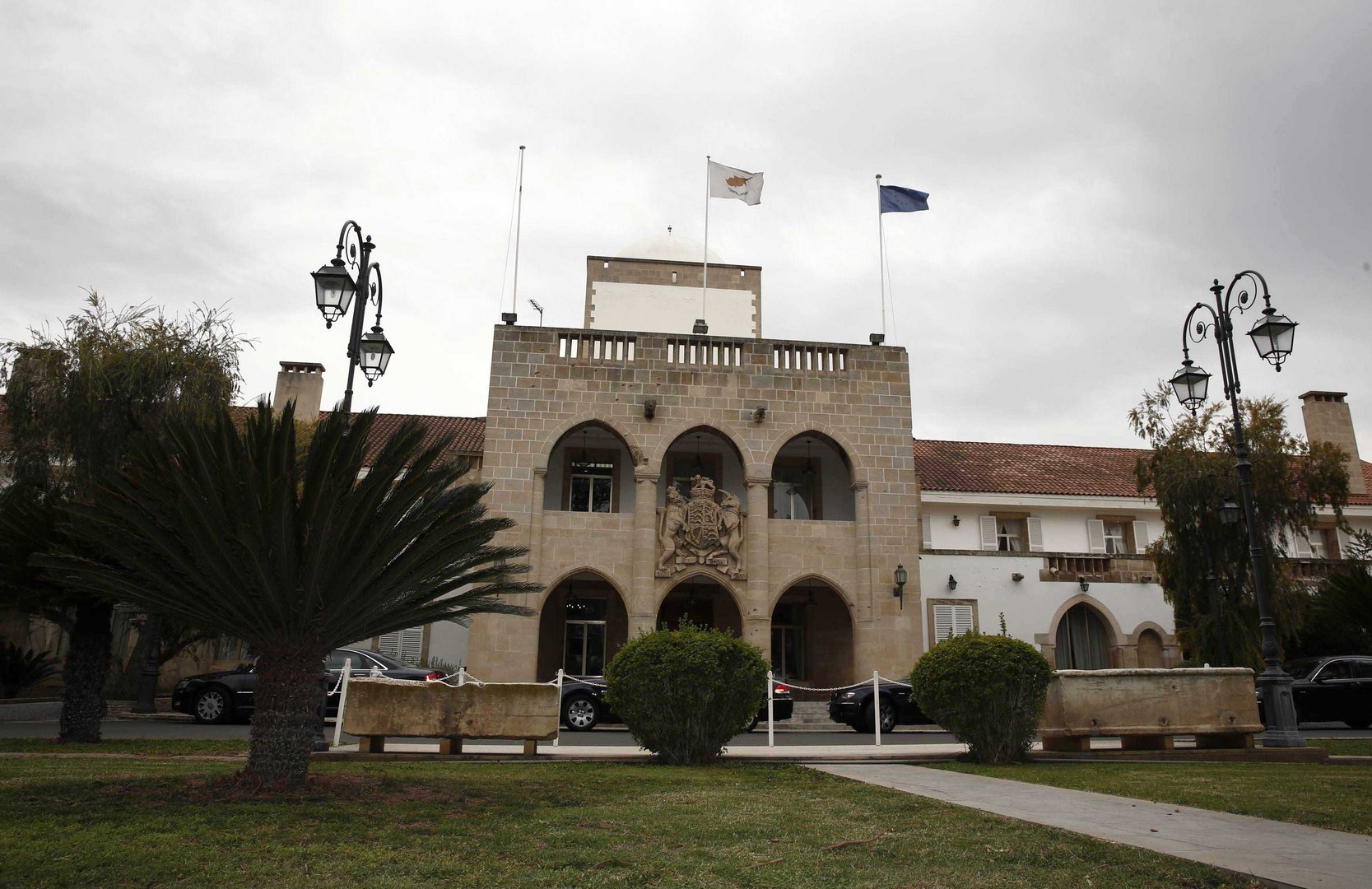The government may have earned some plaudits from the United States for its cooperation on the issue of sanctions, but this cooperation was evidently not enough. This was why on Wednesday, after a meeting under President Nikos Christodoulides, it announced the creation of a National Unit for the Implementation of Sanctions. The strange thing is that such unit had been set up by decision of the council of ministers in 2022 and was placed under the authority of the finance ministry.
There may have been some pressure from the US to activate or re-establish this unit, which is unlikely to be another white elephant like Mokas or the Anti-Corruption authority, because it will have “technocratic support” from its UK counterpart. In other words, there will be supervision of the unit by the British authorities, thus ruling out the possibility that its establishment would be exclusively for appearances. A columnist at an Athens newspaper said the UK involvements was, in effect, “memorandum style supervision,” the implication being that our authorities could not be relied on to monitor what was happening.
Even if there had been no pressure to set up the unit and the British “technocratic support” was requested by the government, it was an admission of the dismal failure of our authorities to ensure there had been strict compliance with EU sanctions. It was another confirmation of the complete ineffectiveness of Mokas, the Unit for Combating Money Laundering, which, since its establishment in 2008, was more adept at dismissing reports of money laundering than carrying out real investigations.
The reality is that for years, our authorities carried out the minimum expected of them by international bodies with regard to anti-money laundering, supervision of compliance with sanctions and due diligence of companies setting up operations. The latest report (November 2022) of Moneyval, the Council of Europe’s committee of experts on evaluating anti-money laundering measures and the financing of terrorism was not very positive. It said that “Cyprus has made some progress on improving its level of compliance with Financial Action Task Force standards on combating money laundering and the financing of terrorism,” but added that “moderate shortcomings remain.” One of the shortcomings it listed was “the powers of investigative and law enforcement authorities.”
There had been recommendations in the past for the monitoring of law firms and auditing firms but the professional associations representing them rejected the idea, arguing that they would supervise their members. The imposition of sanctions by the US and the UK on 23 Cypriot passport holders and 20 legal entities would suggest that this ‘supervision’ was not very effective. Lawyer, Christodoulos Vassiliades, was described as a “prolific enabler of Russian oligarchs” by the US State Department and was also sanctioned by the UK. Accountant Demetris Ioannides and his company MeritServus were accused by the UK of “crafting the murky structures,” which Roman Abramovich used to hide “over 760 million pounds, ahead of being sanctioned.”
In its defence, the Cyprus Bar Association issued a statement on Thursday, saying that it had issued a circular on March 22, 2022 to its members with specific guidelines based on the strict standards and recommendations of international organisations about sanctions. But the Association did not have the power or the means to ensure that its guidelines were being followed. By what logic could the issuing of guidelines be regarded as supervision?
Facts suggest there was very basic, if any, supervision of compliance with sanctions by the authorities and the professional associations. And there was nobody to apply pressure on the authorities about this laxness, bearing in mind our political parties, after the occupation of Crimea, had passed a resolution calling for the lifting of sanctions against Russia. In the end, the country’s reputation and credibility are in tatters again. The noise surrounding the golden passports had barely died down before the Republic’s international profile was raised again by the sanctions-busting accusations.
We now have to embark on another reputation-restoring campaign, at least in the West, where we supposedly belong as a country. For now, all we can do is engage in damage limitation, but it is imperative for the National Unit for the Implementation of Sanctions to be set up as soon as possible and get to work because any procrastination would be viewed as reluctance to put our house in order. We just cannot be seen to be lacking the will to ensure strict compliance with sanctions after everything that has happened.
The president of the Bar Association can carry on maintaining that we have no legal obligation to enforce US and UK sanctions, but this is an academic argument. Banks, which know better, immediately enforced the sanctions by freezing the assets of all sanctioned individuals and companies. There was no dilly-dallying because bank boards were aware of the consequences of failing to comply.
The government should be equally aware of the dangers of not acting now and being seen as condoning what the US State Department referred to as “evasion schemes that support Putin on the battlefield”. President Christodoulides has had more than enough meetings about the matter, now it is time to turn words into action.






Click here to change your cookie preferences